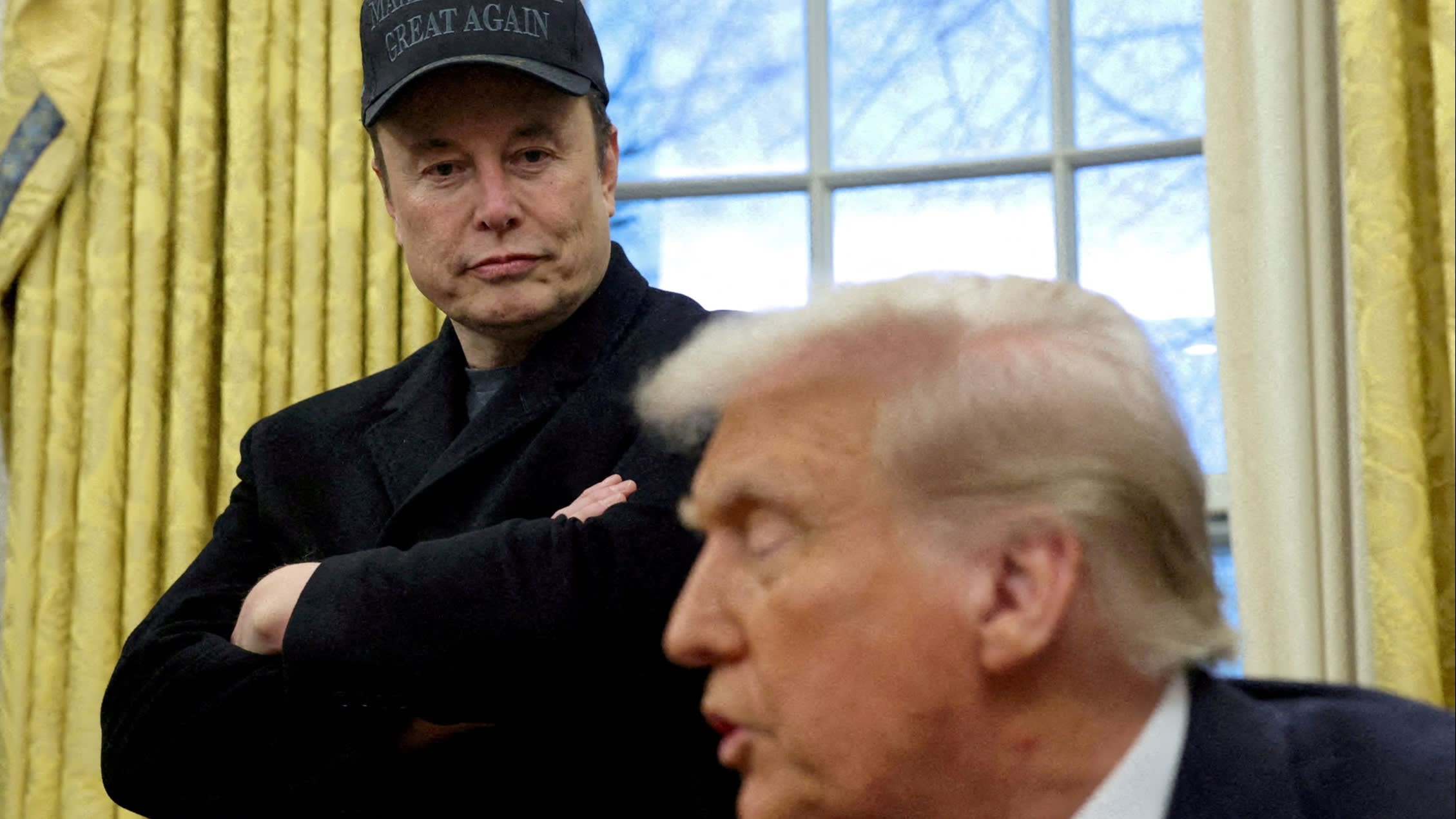
In recent political discourse, Elon Musk has made headlines by expressing his disappointment regarding former President Donald Trump’s much-publicized “big, beautiful” tax bill. This statement comes at a time when the economy is a focal point of national discussions, particularly in relation to how tax policies impact both technological innovation and cryptocurrency markets.
The tax bill, which was touted by Trump as a significant economic boon, has not met with universal approval. Musk’s critique sheds light on a broader conversation about fiscal responsibility and its implications for emerging technologies, specifically cryptocurrencies like Dogecoin (DOGE), which Musk has long championed as a form of digital currency that can potentially democratize finance.
Musk’s comments reflect not just personal opinions but also a pivotal moment in how tech innovators are beginning to engage with traditional political narratives. As the founder of Tesla and SpaceX, Musk has often positioned himself as an outsider to usual political machinations, and his views resonate with a younger, tech-savvy audience that is increasingly skeptical of traditional financial systems.
Critically, Musk’s disappointment with the tax bill stems from his belief that it undermines the potential for innovation in the tech sector. He expressed concern about how large-scale spending could hinder dynamic markets and stifle entrepreneurship. This sentiment is particularly relevant in the context of cryptocurrency, which Musk sees as a disruptive force that can make finance more accessible. He has previously described DOGE as a sort of “whipping boy” for the establishment, indicating a perceived disconnect between traditional economics and the emerging blockchain-centric financial landscapes.
Furthermore, Musk’s relationship with cryptocurrency has evolved; he has become a polarizing figure in the crypto community, seen by some as a champion and by others as a controversial influencer. His remarks about the tax bill imply a deeper apprehension about how fiscal policies could create barriers for decentralized currencies and the innovative technologies being built on blockchain.
The idea that government spending impacts tech innovation isn’t new, but Musk’s critique adds a layer of urgency. His perspective highlights a potential risk: that excessive regulation and taxes could push innovative startups away from the U.S. market. In a world where technology companies are competing on a global scale, policies that may once have been seen as protective could be detrimental in a fast-evolving ecosystem.
As Musk continues to navigate the complexities of being a public figure involved in both technology and politics, the ramifications of his statements merit attention. His critique of Trump’s tax bill, rather than being a mere personal opinion, reveals the tensions between traditional policy frameworks and the rapidly evolving world of technology.
Whether or not Musk’s views reflect a broader sentiment among tech leaders remains to be seen, but they certainly contribute to ongoing discussions about fiscal responsibility and innovation. As the economic landscape shifts, the conversation surrounding tax policy and its implications for tech companies and cryptocurrencies will only grow more pronounced. Musk’s criticisms may resurface as other key figures in the sector begin to vocalize their perspectives on such critical issues.
In conclusion, Musk’s remarks serve as a reminder that the intersection of technology and politics is fraught with complexities. As innovations continue to reshape the economy, the need for adaptable and visionary tax policies becomes increasingly clear. The conversation initiated by Musk’s critique of Trump’s “big, beautiful” tax bill is essential for understanding how fiscal responsibility and innovation can coexist in a way that fosters growth and accessibility.
Understanding these dynamics is vital for anyone interested in the future of technology and finance. As we look ahead, it’s crucial to keep an eye on how leaders like Musk engage with policymakers and the broader implications of their conversations on the world economy. This ongoing dialogue will likely shape not just the future of cryptocurrencies like DOGE but also the very fabric of financial innovation in the years to come.
Source link









